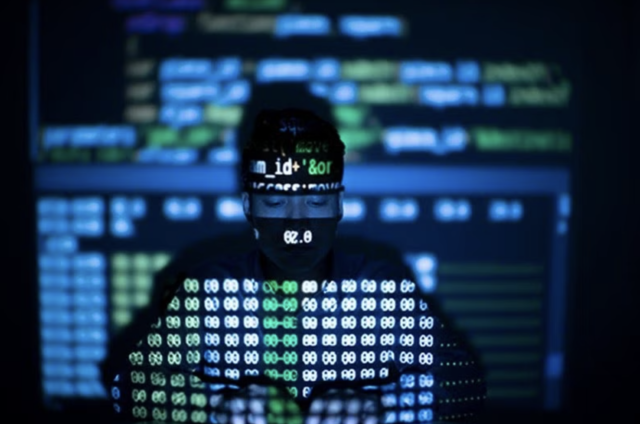
Audio By Carbonatix
North American lawyers specialising in the treatment of cyber-security cases highlighted, on Saturday in Tangier, the legal inadmissibility of the "pseudo-evidence" contained in the reports of Citizen Lab, Amnesty International and Forbidden Stories concerning the alleged use of the Pegasus software by certain countries.
At a hearing before the National Commission for the Supervision of Personal Data Protection (CNDP), US attorney Tor Ekeland of the New York bar said the so-called evidence provided by the above organizations was "inadmissible" in a US federal court because it was based on "junk science".
"The first thing an American court does in reviewing scientific evidence is to see if the evidence meets the principle of reproducibility," he said. However, he noted that the Citizen Lab results cannot be reproduced in any way, which is in itself a "red flag".
Moreover, he continued, "the first thing I noticed in this case is the particularly vague and ambiguous nature of the conclusions of Amnesty International and company". The report of the above-mentioned organizations merely cites "traces" of an alleged Pegasus presence, without giving any explanation of what these traces mean, Ekeland observed.
Similarly, the US lawyer continued, the other concept that US courts rely on in reviewing any scientific evidence is that of "refutability".
"What Amnesty and Citizen Lab are doing is, in my opinion, very dangerous, because they are promoting a kind of junk science and making accusations that they can't back up because no one else has done any testing," he said.
Agreeing, New York-based Canadian lawyer Michael Hassard, also a computer expert, explained that when scientific evidence is submitted for analysis, it can often be subject to 'confirmation bias'.
"When fingerprints were first used in forensics, they were subject to confirmation bias, and the same thing happened with hair analysis, dental records and even DNA analysis," he said.
He cited the book on this issue by Chris Fabricant, a lawyer for the American organization “The Innocence Project”, entitled "Junk Science and the American Criminal Justice System".
The methods of scientific analysis of evidence in the field of cyber security and computer science are relatively recent and far from infallible, Hassard noted.
Latest Stories
-
Ghana is rising again – Mahama declares
41 minutes -
Firefighters subdue blaze at Accra’s Tudu, officials warn of busy fire season ahead
1 hour -
New Year’s Luv FM Family Party in the park ends in grand style at Rattray park
1 hour -
Mahama targets digital schools, universal healthcare, and food self-sufficiency in 2026
1 hour -
Ghana’s global image boosted by our world-acclaimed reset agenda – Mahama
2 hours -
Full text: Mahama’s New Year message to the nation
2 hours -
The foundation is laid; now we accelerate and expand in 2026 – Mahama
2 hours -
There is no NPP, CPP nor NDC Ghana, only one Ghana – Mahama
2 hours -
Eduwatch praises education financing gains but warns delays, teacher gaps could derail reforms
2 hours -
Kusaal Wikimedians take local language online in 14-day digital campaign
3 hours -
Stop interfering in each other’s roles – Bole-Bamboi MP appeals to traditional rulers for peace
3 hours -
Playback: President Mahama addressed the nation in New Year message
4 hours -
Industrial and Commercial Workers’ Union call for strong work ethics, economic participation in 2026 new year message
6 hours -
Crossover Joy: Churches in Ghana welcome 2026 with fire and faith
6 hours -
Traffic chaos on Accra–Kumasi Highway leaves hundreds stranded as diversions gridlock
6 hours

